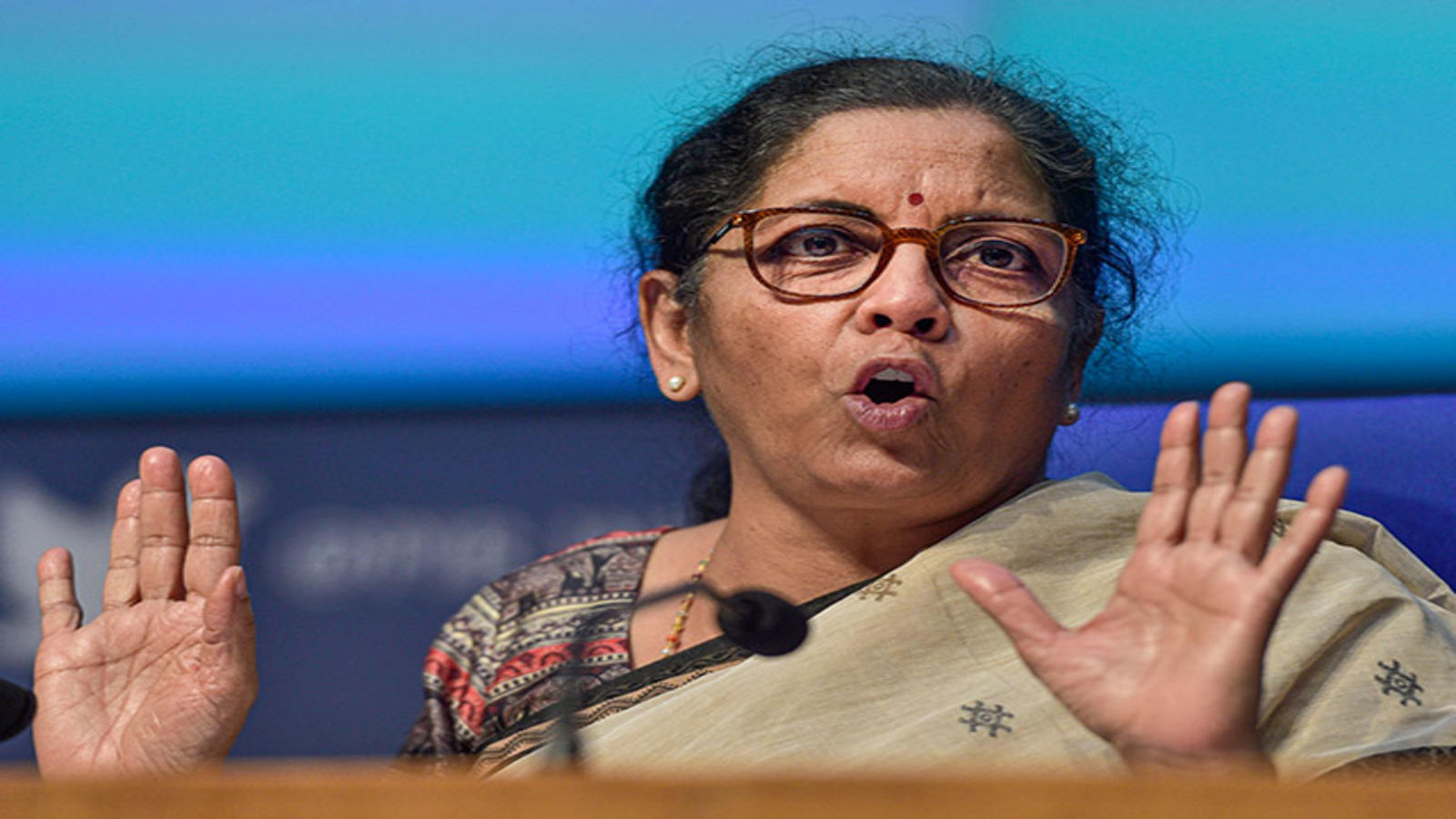
The FM unveiled the fifth and final tranche of Prime Minister Modi’s special economic package of 20 lakh crore on Sunday.
[You may read- What does Modi’s 20 lakh crore package mean?]
The fifth tranche of the PM’s package is mainly focused on privatisation of public sector enterprises (PSEs)
[You may also read about the first tranche, second tranche , third tranche and fourth tranche of the economic package]
Privatisation of PSUs
- The Government intends to privatise all Central Public Sector Enterprises (CPSEs) in the non-strategic space. It also intends to privatise/ merge some CPSEs in the strategic space.
- In strategic space, there will be at least 1, but not more than 4 PSEs in addition to private players.
- This will limit the number of PSUs in each sector and minimise wasteful administrative costs
- Strategic sectors to be notified. Currently, there is no clear definition of the strategic sector.
- According to Department of public enterprises document, strategic areas include arms & ammunition and the allied items of defence equipments, defence aircrafts and warships; atomic energy (except in the areas related to the operation of nuclear power and applications of radiation and radio-isotopes to agriculture, medicine and non-strategic industries); and railway transport.
- There are around two dozen companies under railways, including IRCTC, IRFC, ConCor, Ircon, and RVNL. Besides, privatizing some of these companies, the railways also plans to offer private players to run 150 trains in 100 routes across the country.
- Similarly, there are around a dozen companies under defence, including HAL, Hindustan Shipyard, Mazagon Dock Shipbuilder, Bharat Electronics, and Bharat Dynamics.
[You may also read: What is strategic disinvestment?]
Other measures taken
- Limit of borrowing allowed by states increased from 3 % of GSDP to 5 % of GSDP: But, only 0.5 % of the increase can be raised unconditionally. States will have to undertake reforms in four sectors to raise the remaining amount. Next 1% in four tranches of 0.25% will be linked to one-nation one-ration, urban local revenues, power distribution, ease of doing biz reforms; last 0.5% to be released if three of four milestones reached. [You may read: What is fiscal responsibility and budget management (FRBM act?]
- A special insolvency framework for MSMEs will be announced. [You may read- What is insolvency and bankruptcy code?]
- The minimum threshold to initiate insolvency proceedings increased to Rs 1 crore from 1 lakh. Also, debts due to COVID-19 will not be included in the category of ‘default’ to trigger insolvency proceedings.
- Decriminalisation of Companies Act defaults: Government to decriminalise minor violations involving minor technical and procedural defaults in Companies Act. 7 compoundable offences altogether dropped and 5 to be dealt with under an alternative framework. The amendment will de-clog the criminal courts and NCLT
- Companies can list securities directly in a foreign jurisdiction
- Rs.40000 crore additional allocation to MNREGA over and above the budgeted allocation of Rs.61500 crore
- The government will launch the PM e-Vidya programme immediately for multi-mode access to digital/ online education. Diksha: one nation one digital platform will be launched for e-education.
- Under the PM e-Vidya programme, there will be 12 DTH channels introduced, with one each dedicated to classes 1 to 12
- Top 100 universities will be permitted to start online courses
- Online content will be provided for students with disabilities as well
To conclude, the Government has announced all the tranches of its 20 lakh crore economic package. It has assigned an informal group of ministers (GoM) with the responsibility to monitor its implementation. The informal group will comprise Defence Minister Rajnath Singh (chairman), Home Minister Amit Shah, Finance Minister Nirmala Sitharaman, Railways and Commerce Minister Piyush Goyal and Civil Aviation Minister Hardeep Puri
Economyria is now on Telegram. For a simplified analysis of topics related to economy/ business/ finance, subscribe to Economyria on Telegram